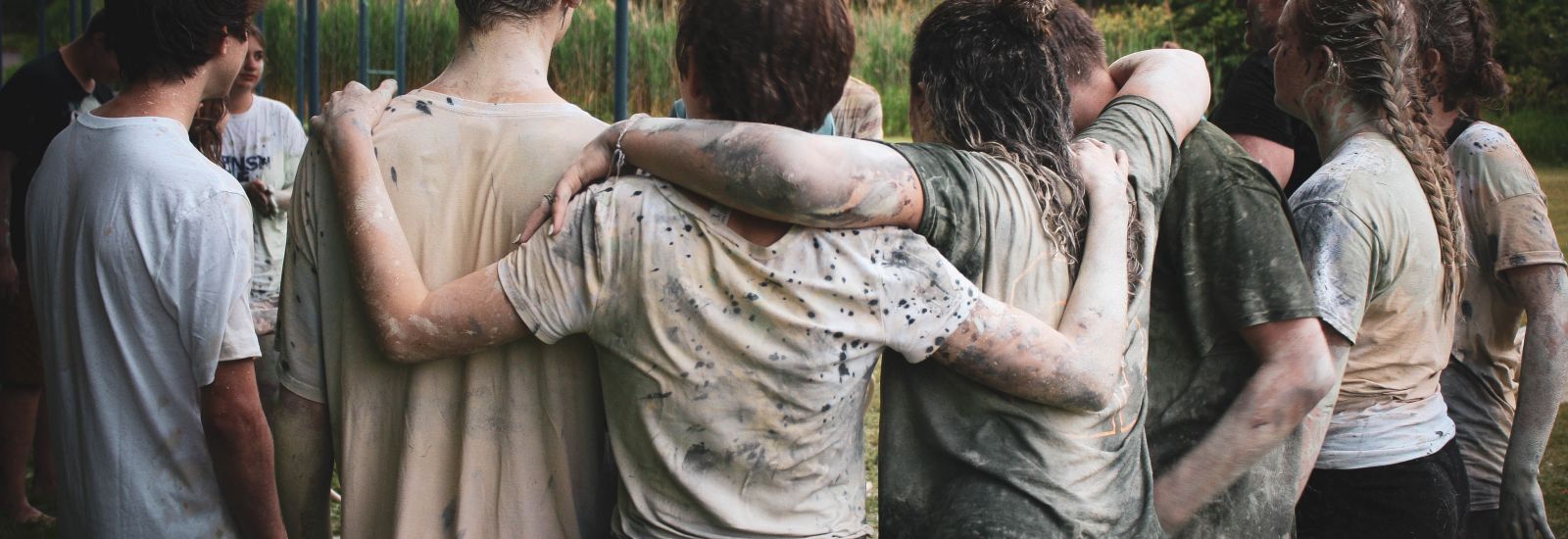
Safeguarding
If a Club’s activities regularly bring members into contact with children (under 18, and especially under 16) or with adults at risk (e.g. a person who is or may be in need of community care services by reason of mental or other disability, age or illness; and who is or may be unable to take care of him or herself, or unable to protect him or herself against significant harm or exploitation) those activities should be risk assessed and processes for reporting safeguarding concerns identified.
When working with children and ‘at risk’ or vulnerable adults, clubs must also ensure that they follow the University’s safeguarding policy. This policy stipulates that “any member of the University who has responsibility for organising an activity involving adults at risk or children must nominate an individual to act as the Designated Safeguarding Lead for the activity.” Furthermore, these activities should “be designed so that appropriate training and supervision is available to those working with adults at risk or children, minimise occasions on which members of the University will need to work alone in an unsupervised way with adults at risk or children, [and] be appropriately risk assessed.” Lastly, “any member of the University who will be planning activities with children should have completed the e-learning 'Introduction to Safeguarding' training” at a minimum.
It may be necessary for Disclosure and Barring Service checks to be carried out on individual members and for information disclosed under this procedure to be acted upon. For further information and advice, please contact the OUSS Vetting and Screening Administration team.